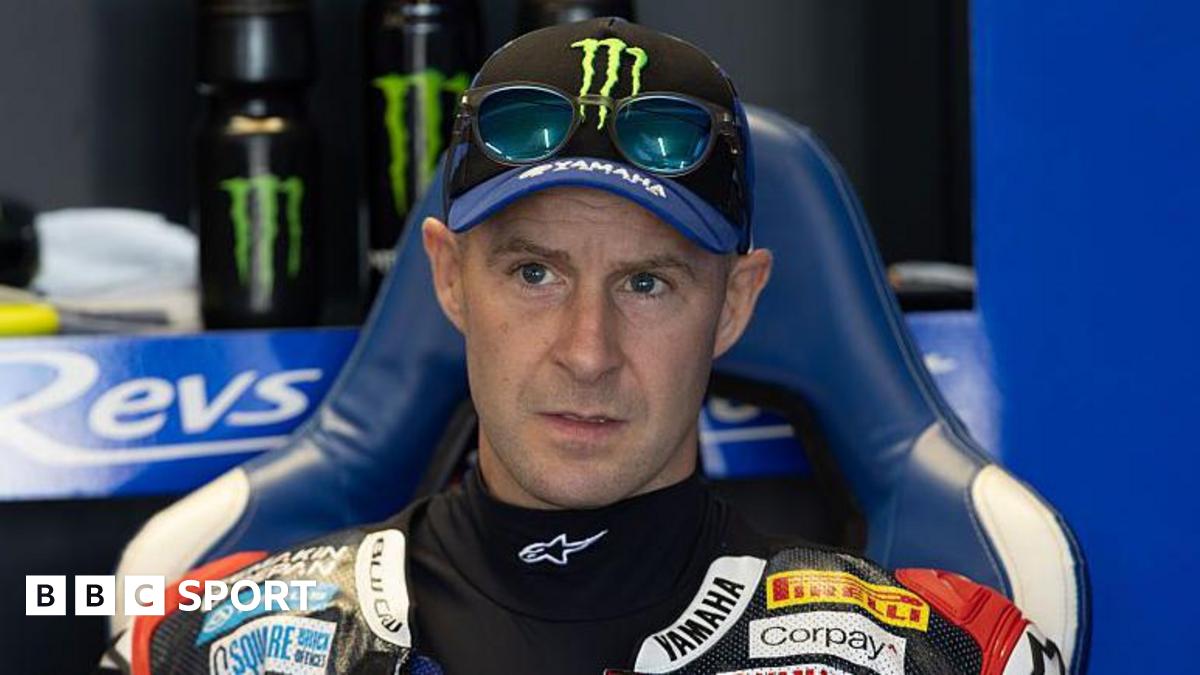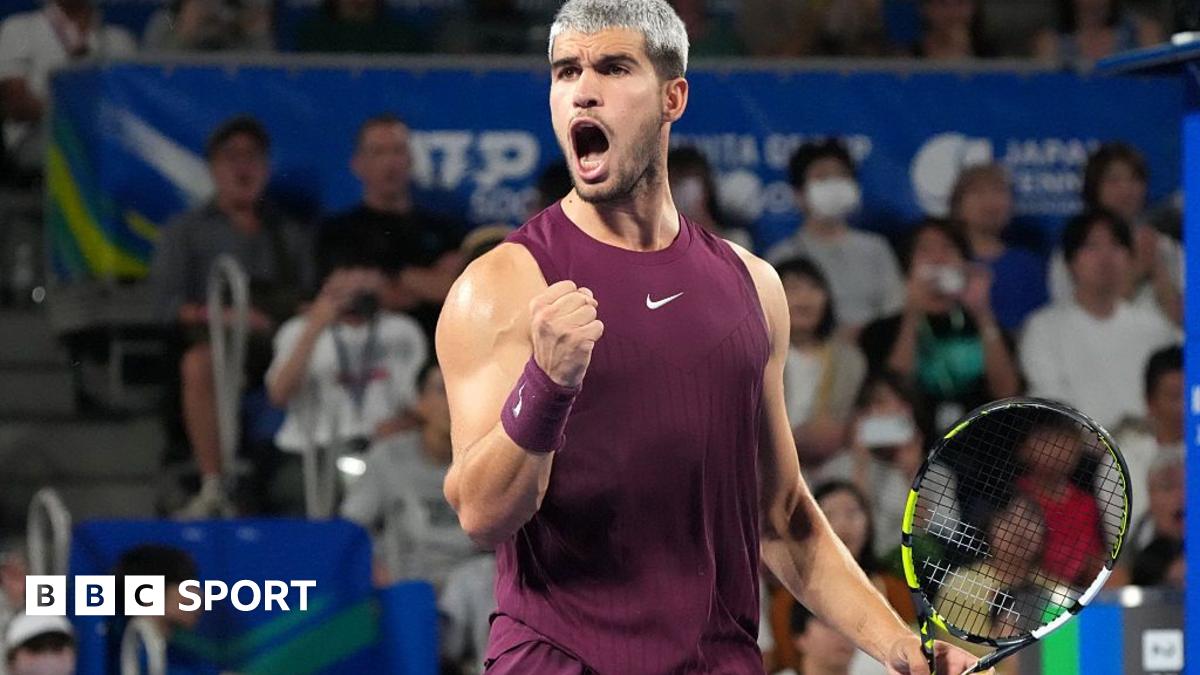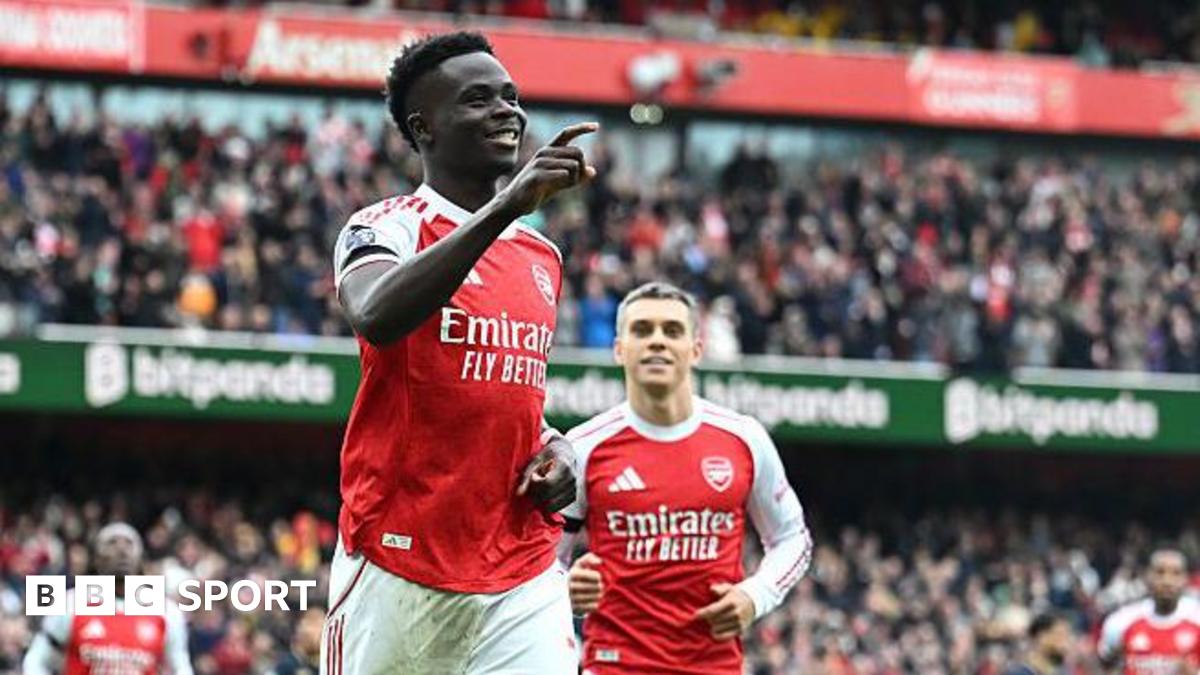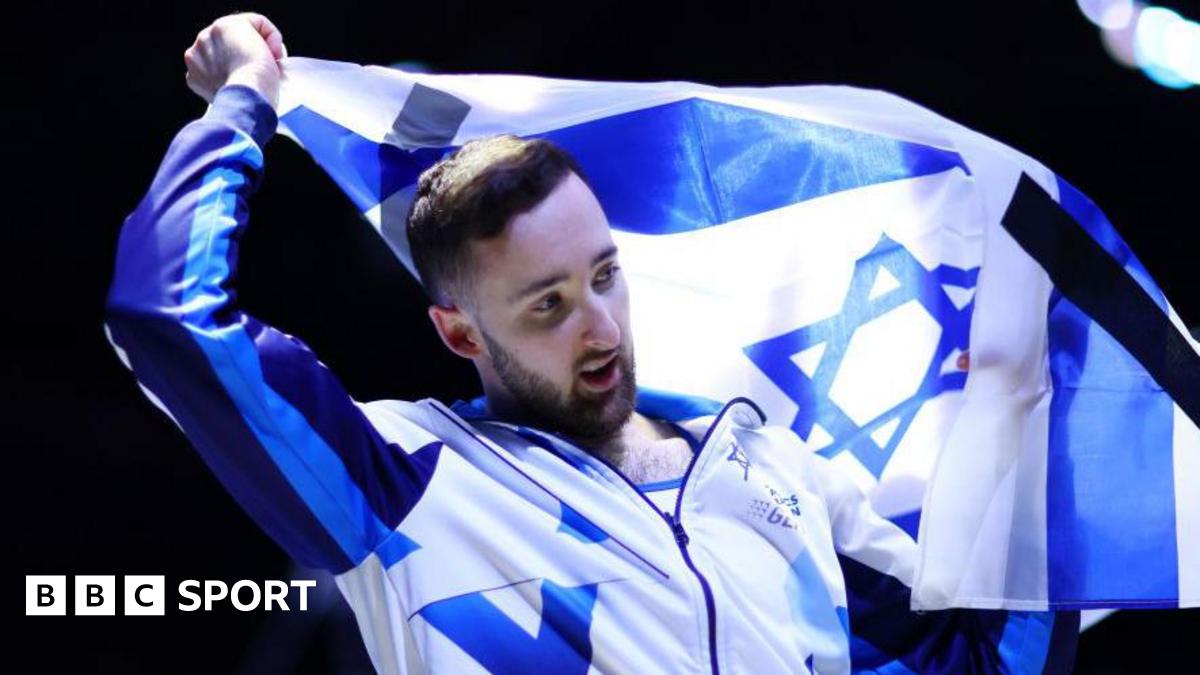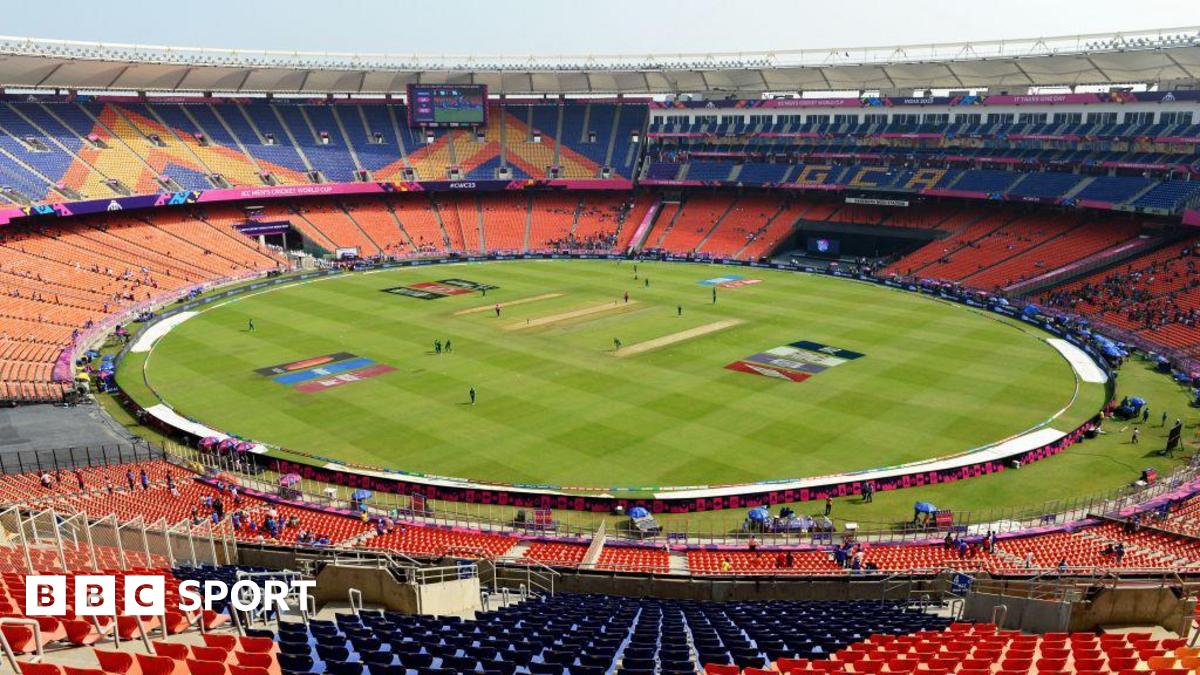 Image source, Getty Images
Image source, Getty Images
Gareth Bale (left) was born and raised in Cardiff but never played for the club owned by Vincent Tan (right)
Dafydd Pritchard
BBC Sport Wales
Chris Wathan
BBC Sport Wales
The last time Gareth Bale was at Cardiff City, he was about to take his country to the World Cup.
Now he wants to buy the club.
Or at least that is what the former Wales captain appears to have his heart set on after the surprising revelation that he is part of an investment group aiming to take over the League One outfit.
A consortium led by Bale has reportedly made a second approach, but club sources have told BBC Sport Wales they have not yet received any proposals that would make them seriously consider selling.
One of his nation's greatest players, the retired 35-year-old told Cardiff fans that "more news will come out" regarding the attempt to persuade owner Vincent Tan to sell up.
But others have suggested the bid launched by Bale's group for his hometown club is not quite as it seems.
So is the former Real Madrid megastar about to go from Bernabeu to Bluebirds' boardroom?
What we know so far
Wales' most-capped and highest-scoring men's international, Bale was initially linked with a takeover at Plymouth Argyle.
With owner Simon Hallet looking for fresh investment, Bale was said to be the face of a United States-based private equity group who had entered early talks over a deal.
Some sources at Plymouth played down those reports with no public utterance from Bale or the unnamed other members of the consortium.
That changed, though, when it emerged the group had written to Cardiff owner Tan making it clear they would be keen on taking control at the club recently relegated from the Championship.
There was no formal bid, but the proposal did make clear what the group would be looking to pay for a shareholding.
Cardiff's board became aware of the approach but only after it had been dismissed pretty swiftly by Tan. As a result, there was no boardroom discussion or invitation for further talks.
BBC Sport Wales has been told a second approach was made to Tan but was met with the same short shrift.
Why Cardiff City?
On paper, the move makes sense.
Bale was born and raised in Cardiff and would come home whenever he could during a glittering playing career, even though the majority of it was spent in Spain.
His uncle, Chris Pike, played for the club during the late 1980s and early 90s, and Bale was close to emulating him before deciding to join Los Angeles FC from Real Madrid in 2022.
"It's my home club, where I grew up, my uncle used to play for them," Bale said last month.
"So to be involved with an ownership group would be a dream come true. It's a club close to my heart, it's where I grew up. I would love to be able to be a part of growing Cardiff and taking it to the Premier League where it belongs."
As the city of his birth and the location for some of his most heroic acts in a Wales shirt, Cardiff is a place which clearly holds a special meaning for Bale.
He did not grow up a Bluebirds fan. It was a picture of Zinedine Zidane that adorned his bedroom wall as a child. Playing for Real Madrid was the childhood dream he realised when he became the world's most expensive footballer in 2013.
Having never played for Cardiff, though, there seems to be an attraction for the 35-year-old in returning to rescue his home-city club.
Although Cardiff are preparing for their first season in the third tier since 2003, this is a well-supported club with significant potential.
Restoring it to the Premier League would enhance Bale's already legendary status in the Welsh capital and, for those providing the bulk of the consortium's financial power, this could be a good time to acquire a club with plenty of room to grow.
Wrexham and Birmingham City demonstrated last season how high-profile owners – and wealthy backers – can elevate teams from League One.
Bale and his associates will have noted those success stories and will feel they could do the same.
Why now?
 Image source, Huw Evans Picture Agency
Image source, Huw Evans Picture Agency
Cardiff were relegated last season after finishing bottom of the Championship
It has been two and a half years since Bale retired, and it still remains to be seen how he will spend his life after playing.
Between charity work, commercial commitments and very occasional media punditry or ambassadorial jobs for the Football Association of Wales, Bale appears to be keeping his options open – and allowing plenty of time for golf.
If the proposed takeover of Cardiff was to prove successful, it is unclear what role he would play.
American football legend Tom Brady holds a minority stake in Birmingham but has no day-to-day involvement in the running of the club, while the same is true of Bale's former Real Madrid team-mate Luka Modric at Swansea City.
There is a precedent set if Bale wanted to take a fairly hands-off approach, though Cardiff fans would be delighted if he was more active and visible than his celebrity-owner peers.
Bluebirds supporters are desperate for change and have staged protests to express their dismay at the way Tan, chairman Mehmet Dalman and chief executive Ken Choo have run the club over the past decade.
Prospective buyers will be aware of such ill feeling towards Cardiff's board but any possible takeover would come with several complications.
Why not?
It has not yet been possible to verify who, aside from Bale, is involved in the interested consortium - or what kind of wealth they have.
Although Bale was handsomely rewarded during his career when he was once the costliest footballer on the planet - as well as having investments in property, Welsh whiskey business Penderyn and some bars in Cardiff and Bristol - his bank balance is not of a club-owning level.
Last year, he made it to the Sunday Times' Rich List with an estimated wealth of £70m, though did not chart in the 2025 edition.
To put that figure in context, Cardiff's owner Tan had £68m worth of loans owed to him by the club at the end of their last published accounting period in May 2024.
In total - according to their most recent financial statements - the Bluebirds are carrying loans of more than £100m, some of which are to a company linked with chairman Dalman.
How any deal would factor in those debts remains to be seen.
Tan has previously exchanged debt into equity having put in an estimated £200m-plus into the club in one form or another since taking over in 2010.
Furthermore, the yearly accounts have long made reference to the ongoing reliance on Tan's financial support. Losses over the past three seasons have averaged around £1.5m per month.
There is an agreement that Tan will continue to help plug those gaps between turnover and expenses, even with the club's relegation to League One set to hit revenue by as much as £10m.
And despite scaling back some of his business interests in recent years - including selling a minority stake in Bale's former club LAFC - Tan still has the money to do that.
In Malaysia, where his conglomerate Berjaya Corporation is based, he has involvement in several companies and businesses including mobile phone networks, financial institutions, supermarkets, hotels, property and much more.
In April, financial publication Forbes estimated his wealth at $770m - or more than £550m.
It is one of the reasons Tan has not held much serious interest in selling the club. Despite his absence, those close to him have routinely stressed he retains a strong interest and passion in the club's success.
And it is also why, on the subject of selling in the past, there has been seemingly little interest unless it was of a price in excess of its realistic, business value.
It suggests any offer would have to be too big for Tan to turn down.
In his most recent major interview with Welsh media - three years ago - he said he had received many approaches but had no interest in selling, adding that only returning the club to the Premier League would make a deal financially viable.
Ironically, in reference to the criticism he has faced from fans during his ownership, he added: "To those guys who want 'Tan out', they should ask a rich Welshman, probably a billionaire, to buy this club and take it to the Premier League and keep them there for 10 years because that is my goal."
What happens next?
Even if an improved offer - and a firm bid - was to materialise, this situation is unlikely to be resolved quickly.
Another factor that could complicate matters is a court date in late September that could dramatically alter the value of the club.
Cardiff are involved in a legal claim against FC Nantes over the death of striker Emiliano Sala, with the club seeking damages in excess of £100m. Bluebirds sources are confident they will be successful and the ruling would be expected by the end of the year.
Considering that Tan is already reluctant to sell, the Sala case makes him even less likely to entertain any offers right now.
Those close to the Cardiff owner have rubbished the proposals made by Bale and his associates, with some dismissing the attempted takeover as a publicity stunt.
The feeling at board level is that the Bale-led interest lacks substance, a view that is supported by the Cardiff City Supporters' Trust, which has said the proposal amounts to little more than a "fishing trip".
That was a telling statement from the Trust, which has previously voiced its concerns about the way the club is being run under Tan.
Cardiff has been ravaged by division and discord in recent years, with fan protests, poisonous atmospheres at games and a general sense of disillusionment around the club.
Bale and his consortium may believe that presents an opportunity but, as the Bluebirds' turbulent past demonstrates, nothing is straightforward when it comes to Cardiff City.

 3 months ago
42
3 months ago
42



